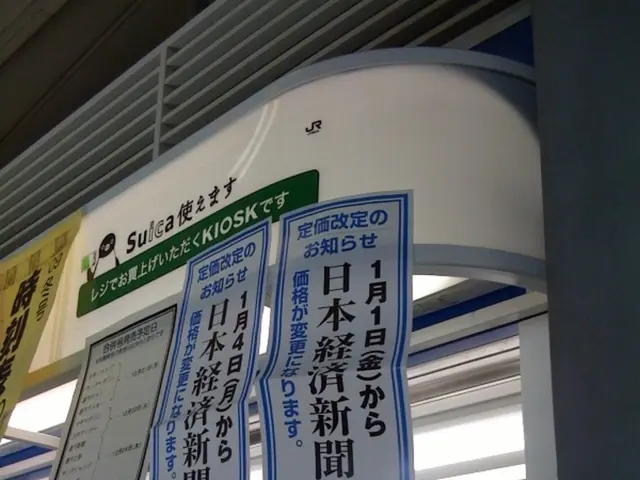Demonstrations expand across Georgia
Thousands of Georgians have taken to the streets of Tbilisi nightly, demonstrating against their government, which they accuse of stalling the nation's EU membership bid and eroding democratic values. The protests, which started on November 28, have grown in strength despite the use of force by riot police.
In the past four nights, central Tbilisi has seen fierce clashes between protesters and police. Graffiti marks charred parliament walls, and downtown areas sport disarray from sidewalk furnishings and flowerbeds. The authorities have responded with water cannon, pepper spray, and severe beatings, making numerous arrests. Protesters, in turn, have retaliated by throwing firecrackers and brickbats, erecting barricades, and engaging in physical confrontations.
The unrest began following the official shelving of EU membership plans by the government led by oligarch Bidzina Ivanishvili. This move contradicts the country's constitutionally mandated national goal, pursued for decades, that aimed at integration with Western institutions.
Ivanishvili's Georgian Dream party had earlier sabotaged the EU membership bid through repressive laws targeting civil society, media, and the LGBTQ community, rendering the country’s legislative framework incompatible with EU norms. Additionally, the party drew criticism for fraudulent, bribery-laden, and coercive conduct during the October 26 parliamentary election.
In response to the government's decision, thousands have poured onto the streets, condemning Ivanishvili for abandoning their much-cherished aspirations of Western integration to prolong his 14-year-long rule and forge closer ties with Russia. The authorities have since intensified the use of force against civilian demonstrators.
A shocking video circulating online captured two riot police officers brutally kicking an unconscious 23-year-old student, Zviad Maisashvili, while his brother was repeatedly punched and dragged away. Maisashvili sustained a concussion and broken nose, while his brother is currently in prison.
Amid this strife, opposition to Ivanishvili and his Georgian Dream party has spread across government structures. Diplomats, ambassadors, municipal officials, army officers, and justice officials have collectively criticized the shift away from EU integration policies.
The European Union (EU) has deplored this decision and the deterioration of democratic values and practices in Georgia. The EU officials expressed concern over Georgia's turn towards authoritarianism and condemned the excess use of force against demonstrators. Similarly, the United States suspended its strategic partnership with Georgia, accusing the once staunch ally of reneging on its commitments to democracy-building and Western integration.
Georgia's ambassador to the US, Davit Zalkaliani, resigned as relations between Tbilisi and Washington hit new lows. Ivanishvili, a billionaire, came to power in 2012 on the promise of guiding Georgia toward democracy and prosperity. In the ensuing years, he has been installing loyalists as prime ministers, top officials, and high judges.
However, critics allege that Ivanishvili now views a properly functioning democracy, which EU membership would involve, as a threat to his control over government policy. They also accuse him of secret collaboration with Moscow. In the midst of these tensions, Russia's Vladimir Putin commended the Georgian government for their “bravery.”
The unrest in Tbilisi is rooted in the government's decision to shelve EU membership plans, a move that contradicts decades of constitutional pursuits for Western integration. Citizens have taken to the streets, denouncing Bidzina Ivanishvili for abandoning their aspirations and prolonging his rule.
The European Union and the United States have criticized this decision, expressing concern over the deterioration of democratic values and the use of force against demonstrators, highlighting the wider implications of Georgia's political trajectory.








